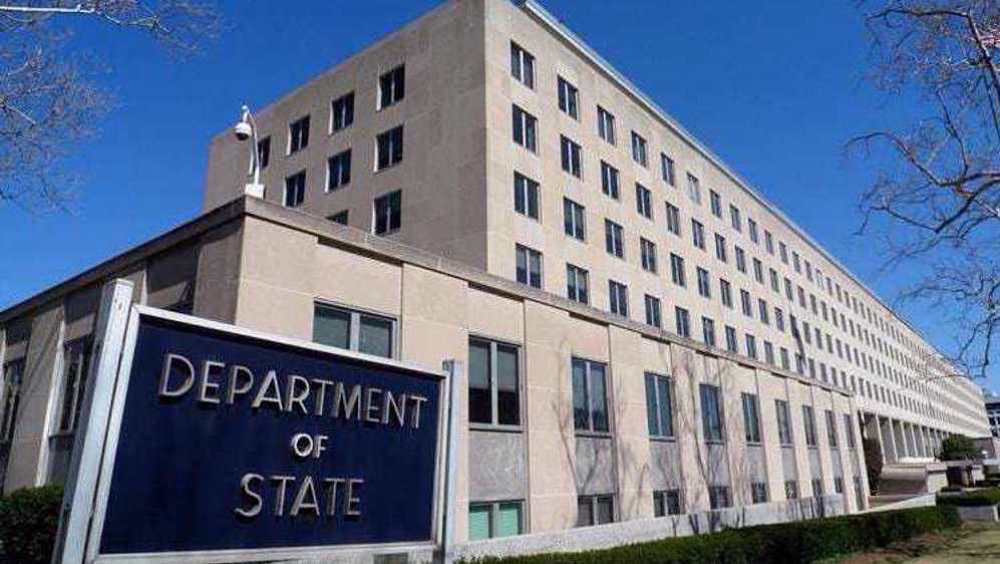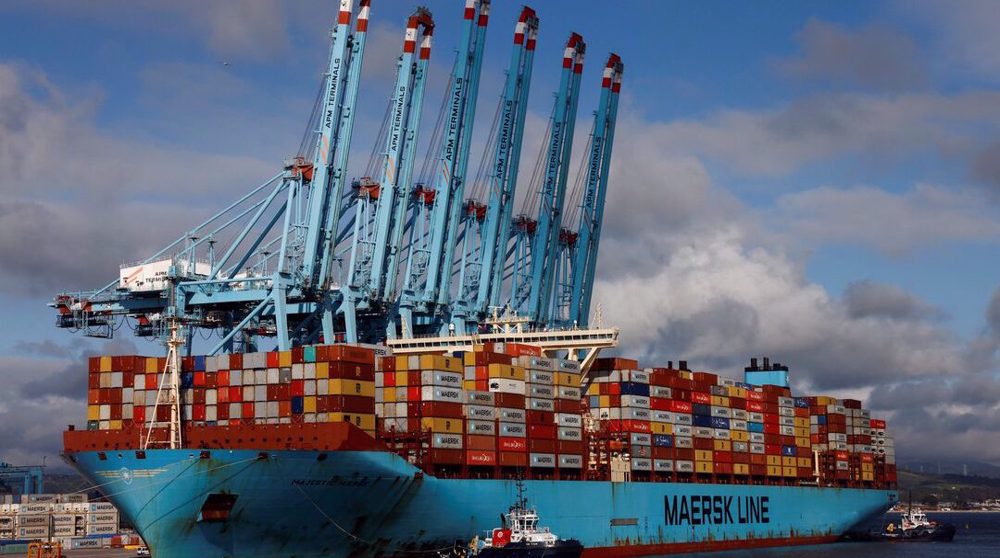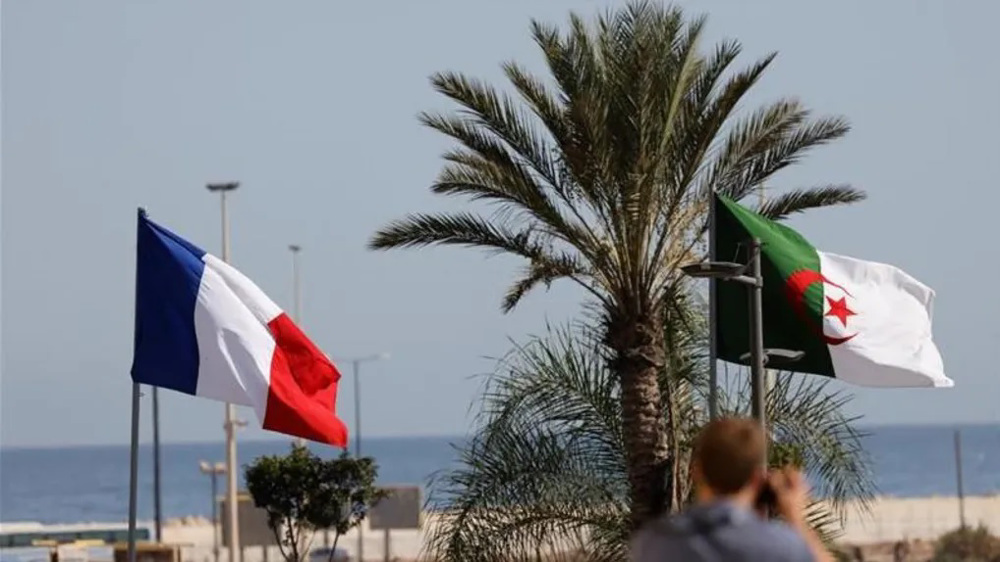Libya authorities oppose UN-backed unity government
Libya’s internationally recognized government has opposed a UN-sponsored unity government in the Arab country, citing fears of more divisions.
On Friday, the government, backed by an internationally recognized parliament warned against "measures by certain international parties that want to impose this government of national unity."
The government, based in eastern Libya, added on its Facebook page that such steps would "further complicate" Libya's political crisis and "deepen divisions" in the nation.
The authorities also warned "all Libyan institutions at home and abroad from dealing with" the unity government "before it has won a vote of confidence in parliament".
The other warring side had also expressed its opposition to the unity government with the so-called Tripoli government said in a statement on Tuesday, "A government that has been imposed from abroad without the consensus of Libyans... has no place amongst us."
Since August 2014, when militias seized the capital, Tripoli, the country has had two parliaments and two governments, with one, the General National Congress (GNC) run by the militants in the capital, and the internationally-recognized administration in the northeastern city of Tobruk.
A unity government has also been nominated under a UN-sponsored plan, but has not won approval yet.
Back in December 2015, the unity government was created under a power-sharing deal sealed by the rival parties.
The government announced last Saturday it was taking office on the basis of a petition signed by Libya's elected lawmakers, despite not being formally approved by lawmakers from either side.
The United States and its European allies have called on the new unity government to swiftly move to the Libyan capital and take up power, and threatened to impose sanctions against those who undermine the political process.
Foreign ministers of Libya's neighbors will hold a meeting in Tunisia on Monday and Tuesday to press for a political settlement, according to Tunisian Foreign Minister Khemaies Jhinaoui.
Libya has been grappling with violence and political uncertainty since the oil-rich country’s former dictator Muammar Gaddafi was deposed in 2011. Armed groups and regional factions have been fighting for power ever since.
Exploiting the chaos, the Daesh terrorist group, which has been engaged in heinous crimes in different parts of Iraq and Syria, emerged in Libya in February last year, after releasing a video that showed the beheading of 21 Egyptian Christians. The terror group also launched a parade on the streets of the coastal city of Sirte later that month.

US approves potential sale of Stinger missiles to Morocco

Morocco calls for boycott of Maersk ship over arms deliveries to Israel

Diplomatic tension flares as Algeria threatens to expel 12 French officials
Iran: World must hold Israel accountable for mass murder, targeting children
Iran: Agreement with US within reach if Washington is realistic
Hayya: Hamas ready to hold talks for ‘comprehensive’ peace deal
Iran strongly condemns 'brutal' US airstrikes on Yemen’s fuel port
IRGC kills ringleader of terror group behind deadly attacks in SE Iran
IAEA deputy chief to visit Tehran for technical discussions: Iran nuclear spox
Trump induces socio-economic turmoil in Washington
VIDEO | The story of Areej: Channeling grief purposefully












 This makes it easy to access the Press TV website
This makes it easy to access the Press TV website